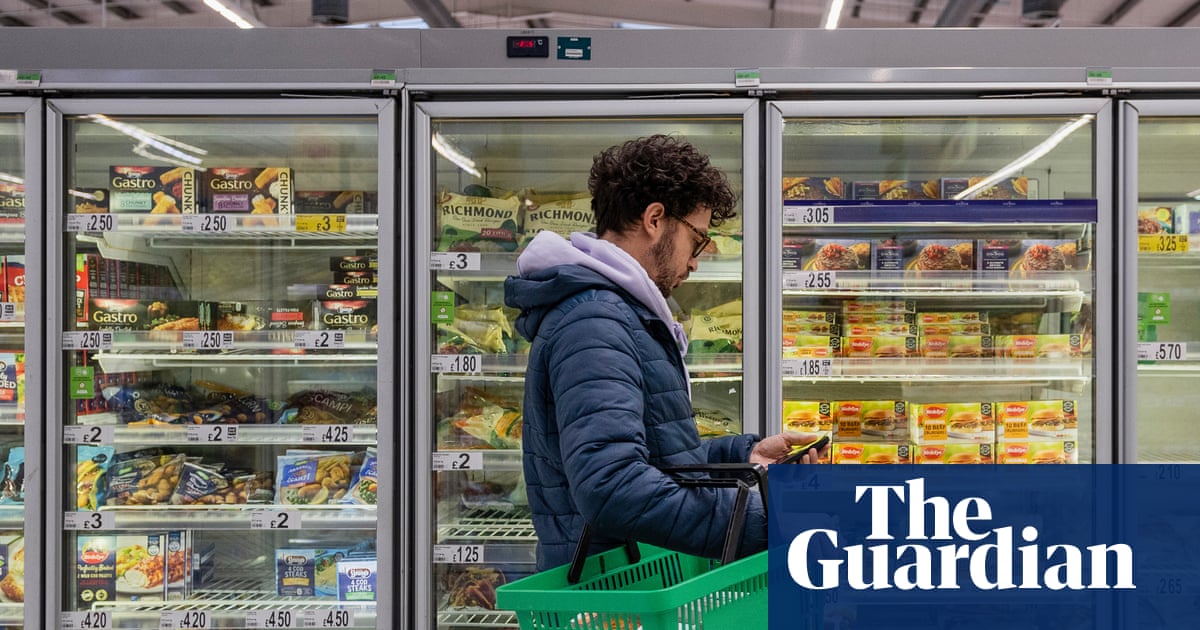
"Households are finding shopping increasingly expensive. The impact on retailers and their supply chain of both global factors and higher national insurance and wage costs is playing out in prices for consumers. She said high energy and labour costs, including the government's rise in employers' national insurance payments (NICs), continued to push up input prices for many producers, including farmers, with dairy and beef prices remaining high."
"Annual shop price inflation rose to 1.4% in September, up from 0.9% in August, according to the latest monthly report from the British Retail Consortium (BRC) and analysts NIQ. A year and a half of deflation on non-food goods appears set to come to an end, according to the trade body, with prices just 0.1% lower year on year in September compared with an annual drop of 0.8% in August. Falling prices on back-to-school items such as laptops dampened inflation on other household items."
Annual shop price inflation rose to 1.4% in September, up from 0.9% in August. A year and a half of non-food deflation appears to be ending, with non-food prices 0.1% lower year on year compared with a 0.8% drop the previous month. Increases on home improvement and gardening goods offset stabilising food prices. Falling back-to-school prices such as laptops reduced inflationary pressure on other household categories. Annual food price inflation remained steady at 4.2%. High energy, labour and employer national insurance costs have raised input costs for producers, keeping dairy and beef prices high. Low consumer confidence is encouraging promotions, while retailers expect food inflation to ease late this year or early 2026.
Read at www.theguardian.com
Unable to calculate read time
Collection
[
|
...
]